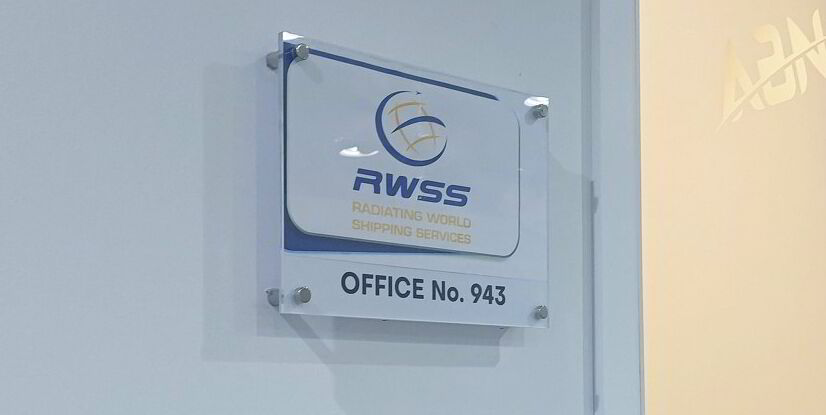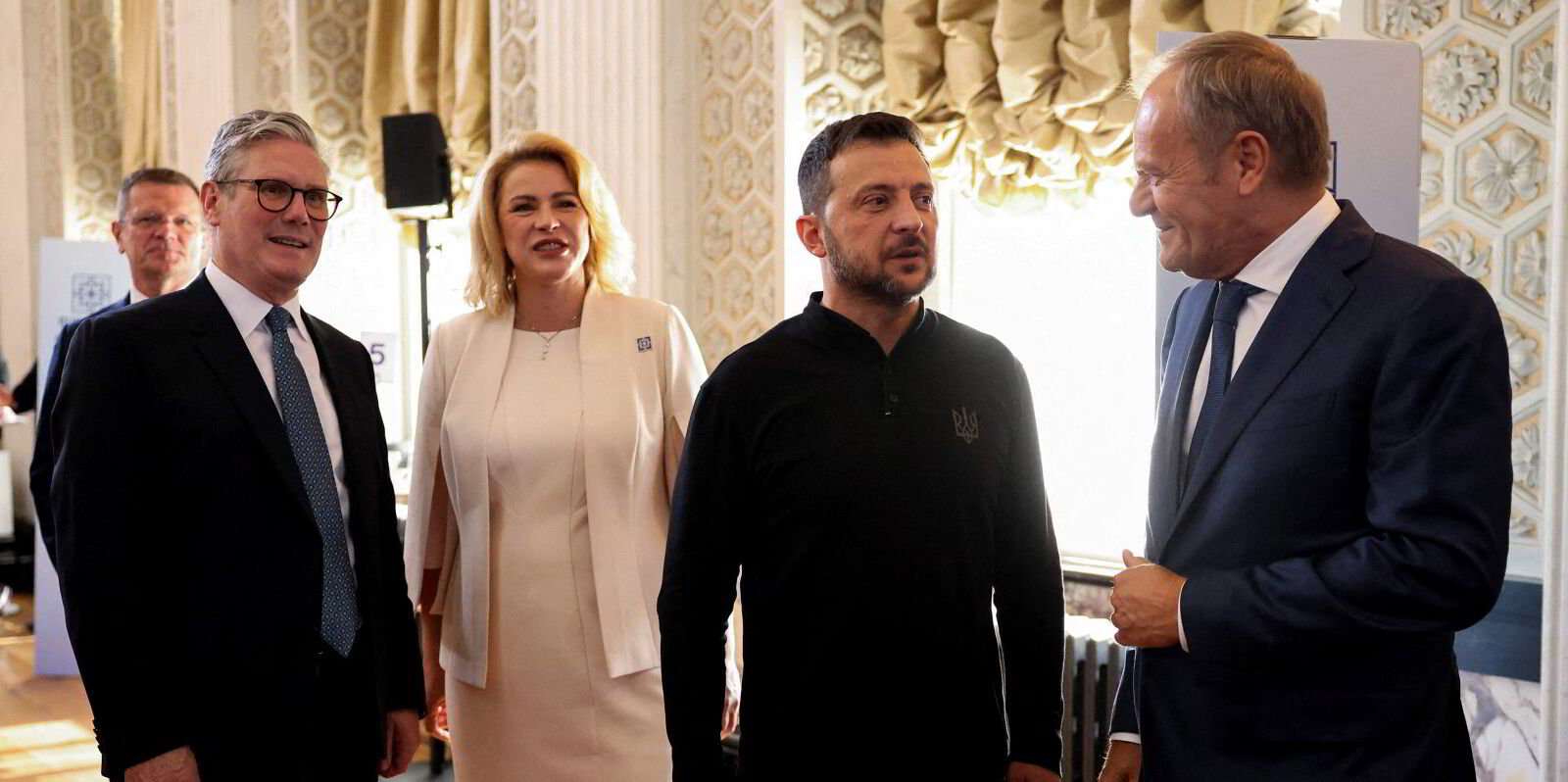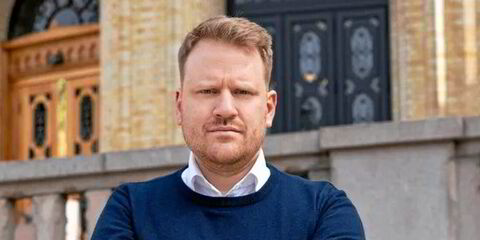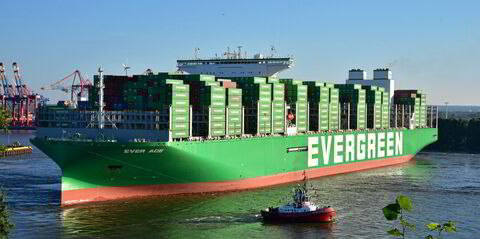The British government blacklisted 11 tankers on Thursday as it announced plans for a 44-country European initiative to disrupt the Russian shadow fleet.
The 11 — which include two previously sanctioned by the European Union — feature ships linked to Russian state carrier Sovcomflot and the sanctioned Dubai-based ship manager Radiating World Shipping Services (RWSS).
The tankers include the 159,300-dwt Rocky Runner (built 2005), which moved to new United Arab Emirates-based management after the UK imposed sanctions on RWSS in December.
The UK introduced new measures in May to toughen laws and allow the government to sanction individual ships involved in the Russian shadow oil trade. The first four ships sanctioned by the UK were announced last month.
The move takes the total to 63 tankers connected to the Russian trade sanctioned by the UK, US and EU since October.
The targeting of individual vessels appears to have been the most effective strategy to hit Russian oil exports after more than 18 months of the oil price cap and escalating embargo enforcements.
Dozens of sanctioned ships remain laid up and few have carried cargoes since being designated. The involvement of insurers or financiers with those vessels or their cargoes puts them at risk of being targeted further by the US and its allies.
Sanctions imposed on 40 tankers by the US have led to a decline of 93% in the transport of Russian oil from April to June, compared with the previous three months, according to Helsinki-based think tank the Centre for Research on Energy and Clean Air.
“This significant impact is proof that EU/G7 countries have power to restrict the Russian oil trade,” the group said.
The ships targeted on Thursday by the UK include two other former RWSS-managed ships, the 150,000-dwt Dynamik Trader (built 2005) and the 146,400-dwt Fighter Two (built 2006). They are both now operated by Almuhit Alhadi Marine Services of Dubai.

Eight other tankers are linked to Russian state carrier Sovcomflot. They include the 47,100-dwt SCF Amur (built 2007) and the 115,800-dwt NS Lotus (built 2008), which were blacklisted in the EU’s most recent package of sanctions last month.
The others are the 113,860-dwt Primorsky Prospect (built 2010), the 113,232-dwt Korolev Prospect (built 2019) the 105,926-dwt Adygeya (built 2005), the 109,987-dwt NS Commander (built 2006), the 104,452-dwt Zaliv Amurskiy (built 2008), and the 47,218-dwt SCF Pechora (built 2007).
In June, the UK also sanctioned Sovcomflot chief executive Igor Tonkovidov, who warned that the sanctions targeting the company meant that high-quality shipping was being sacrificed for short-term geopolitical ambitions.
The blacklisting highlighted the changing tactics of Western governments following the limited impact of the oil price cap at a time of high global prices and evasion of measures after ship managers were targeted.
Western officials say they expect the measures against the 11 new blacklisted vessels to have a similar impact and limit their day-to-day trading activity.
The sanctions were announced as a new cooperation deal was agreed at a meeting of the European Political Community, comprising more than 40 nations, in the UK on Thursday.
Officials estimate it has cost Russia $8bn to build its shadow fleet with a further financial hit every time a ship is sanctioned.
The UK said the government would work with the private sector and discuss new plans to disrupt the Russian-linked vessels, which have an older age profile than the mainstream fleet with many lacking adequate insurance.
British Prime Minister Keir Starmer said: “Alongside our European partners, we have sent a clear message to those enabling Putin’s attempts to evade sanctions: we will not allow Russia’s shadow fleet, and the dirty money it generates, to flow freely through European waters and put our security at risk.”
The UK said that the Russian shadow fleet carries about 1.7m barrels of oil per day, generating significant funds for its war effort in Ukraine.
“Some of the ships are also alleged to double as Russian listening stations, while others are believed to be transporting weaponry to Russia,” the British government said.
Ukraine’s leader, Volodymyr Zelensky, is due to address the UK Cabinet in person on Friday, the first foreign leader to do so since former US President Bill Clinton in 1997.
Read more
- Iran releases Chevron-chartered tanker after 15-month ordeal
- Sanctioned tanker cluster around Russian port to balloon as cargo runs dry
- Tanker demand fears grow as Chinese crude voyages drop to lowest level for two years
- Sanctions sting sees shadow fleet tankers swinging at anchor
- Sanctions insider sounds early warning of G7 clampdown




